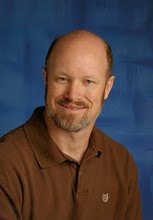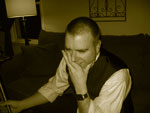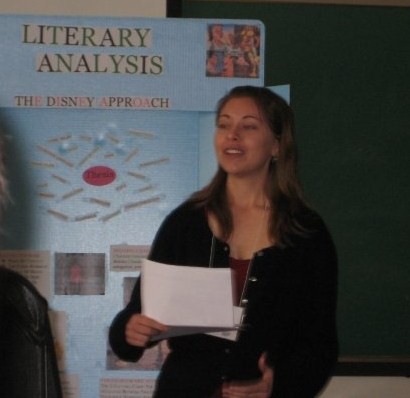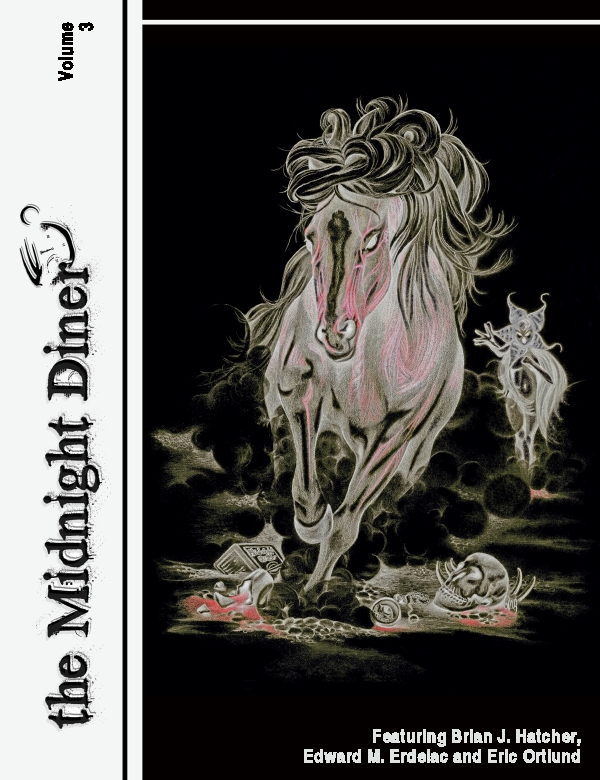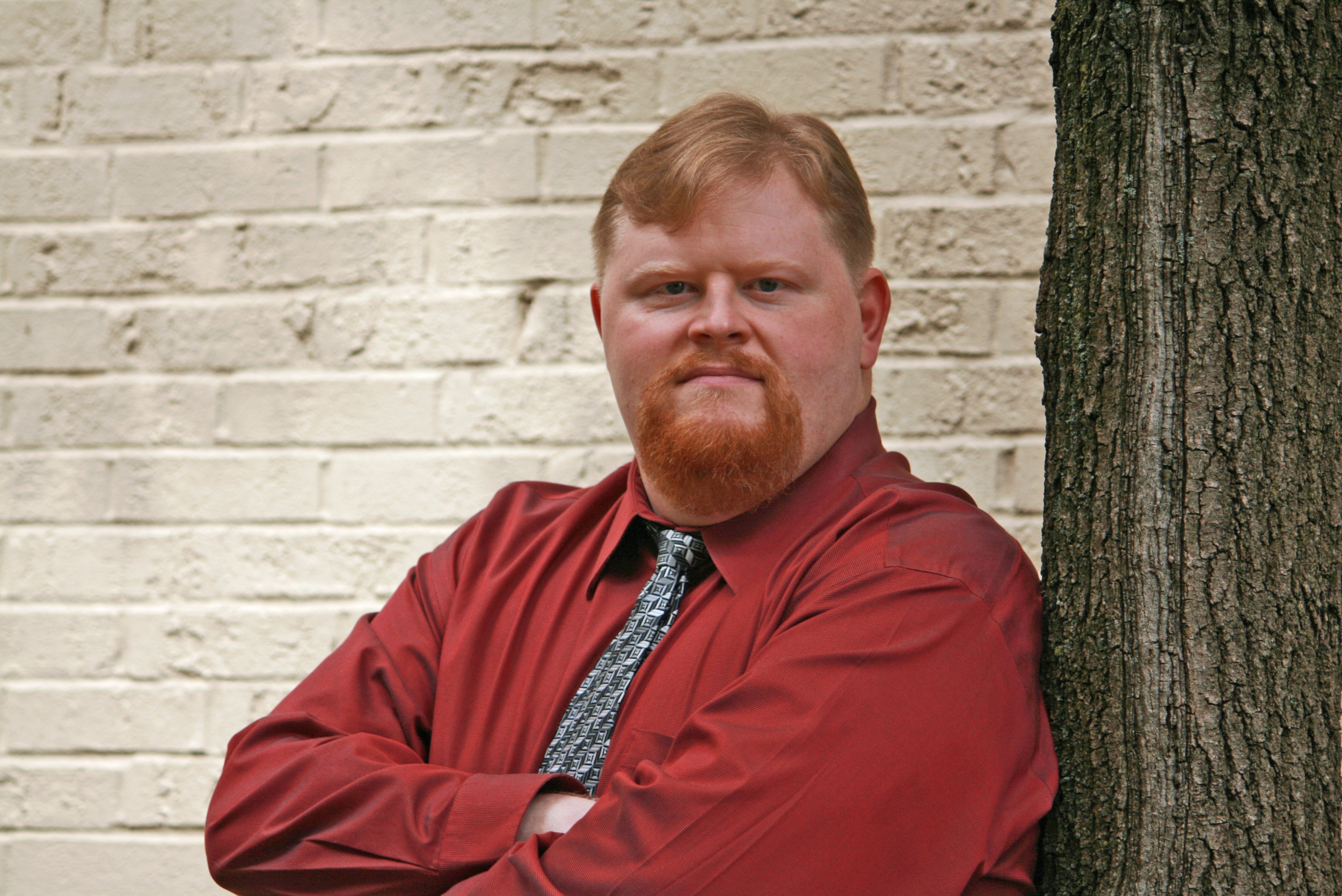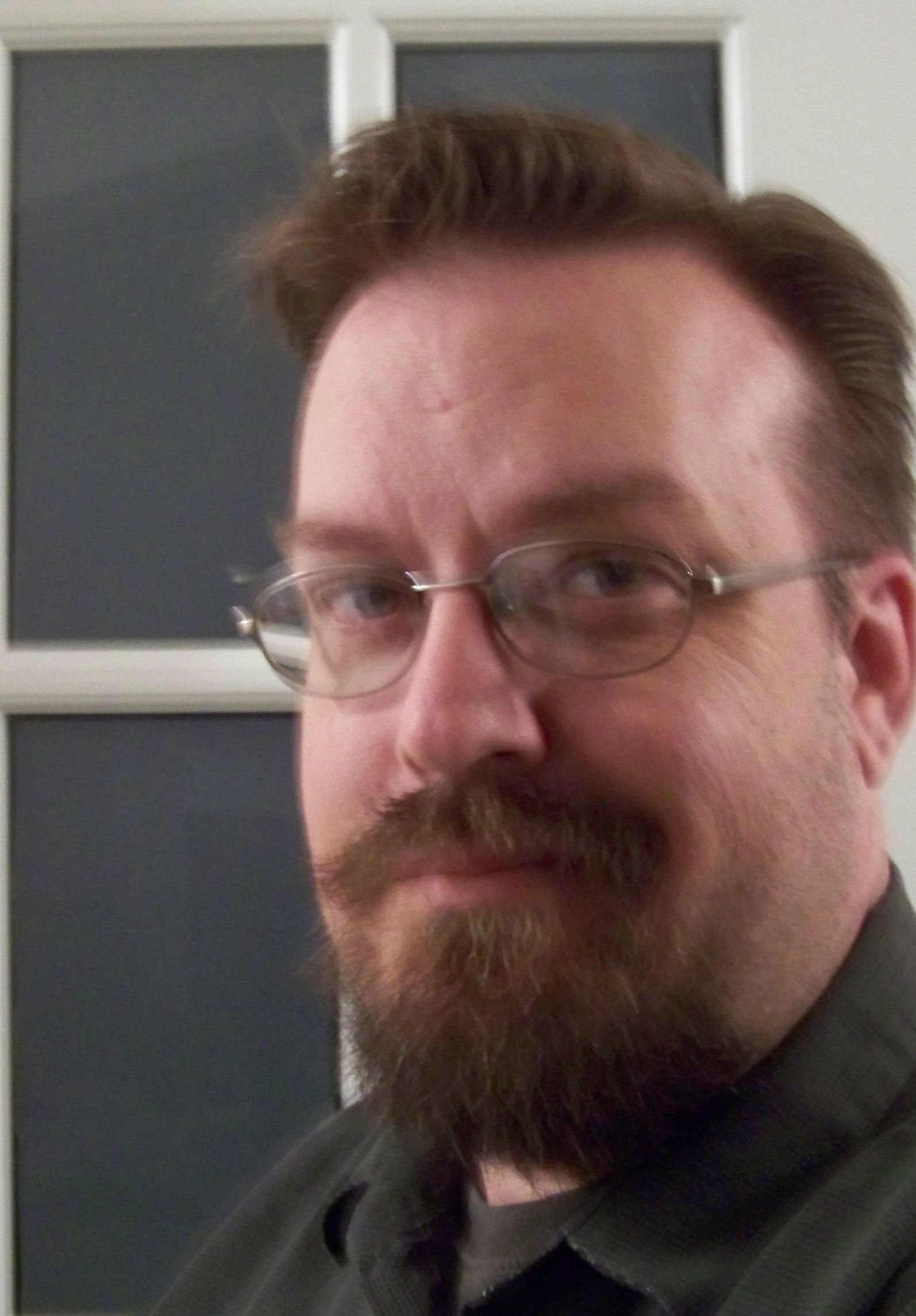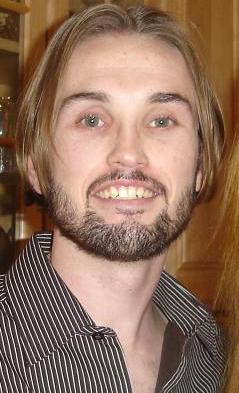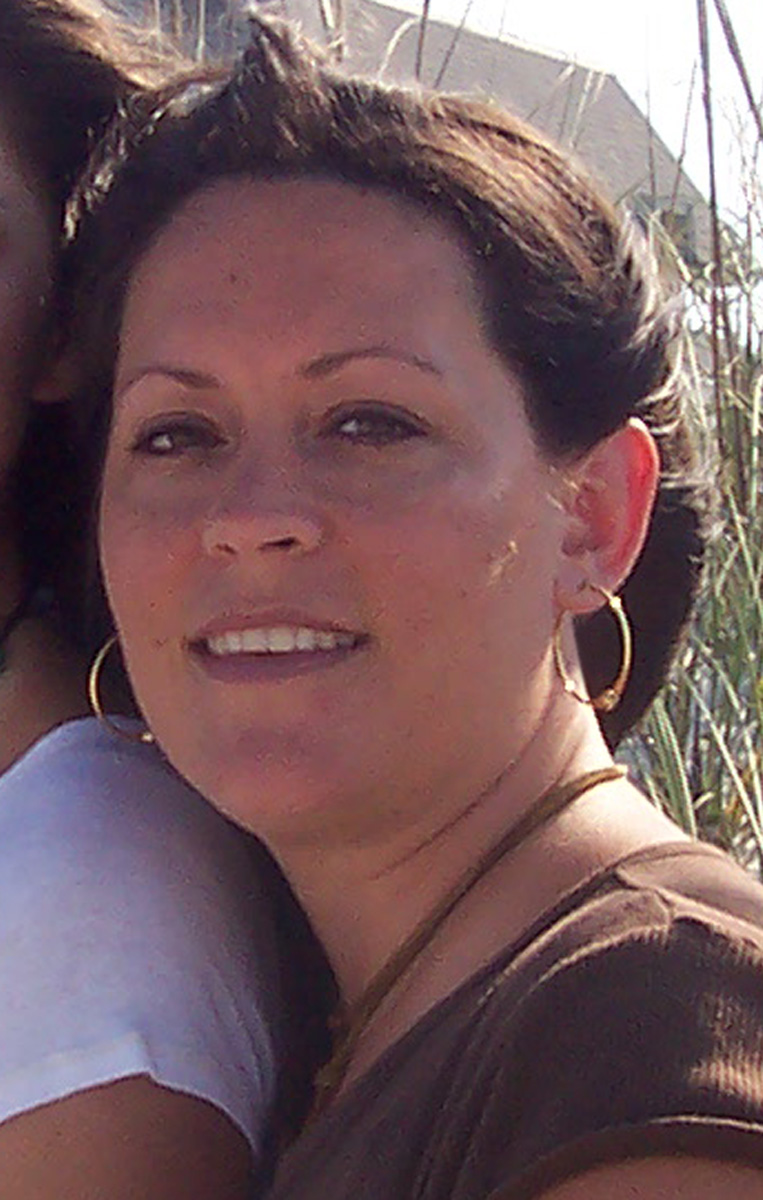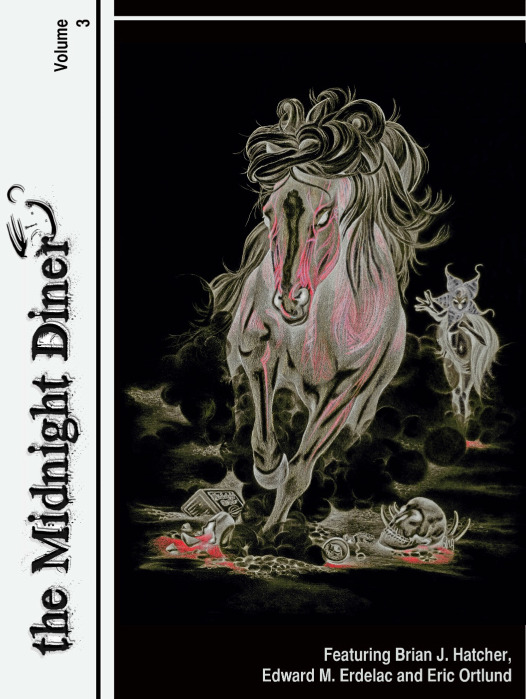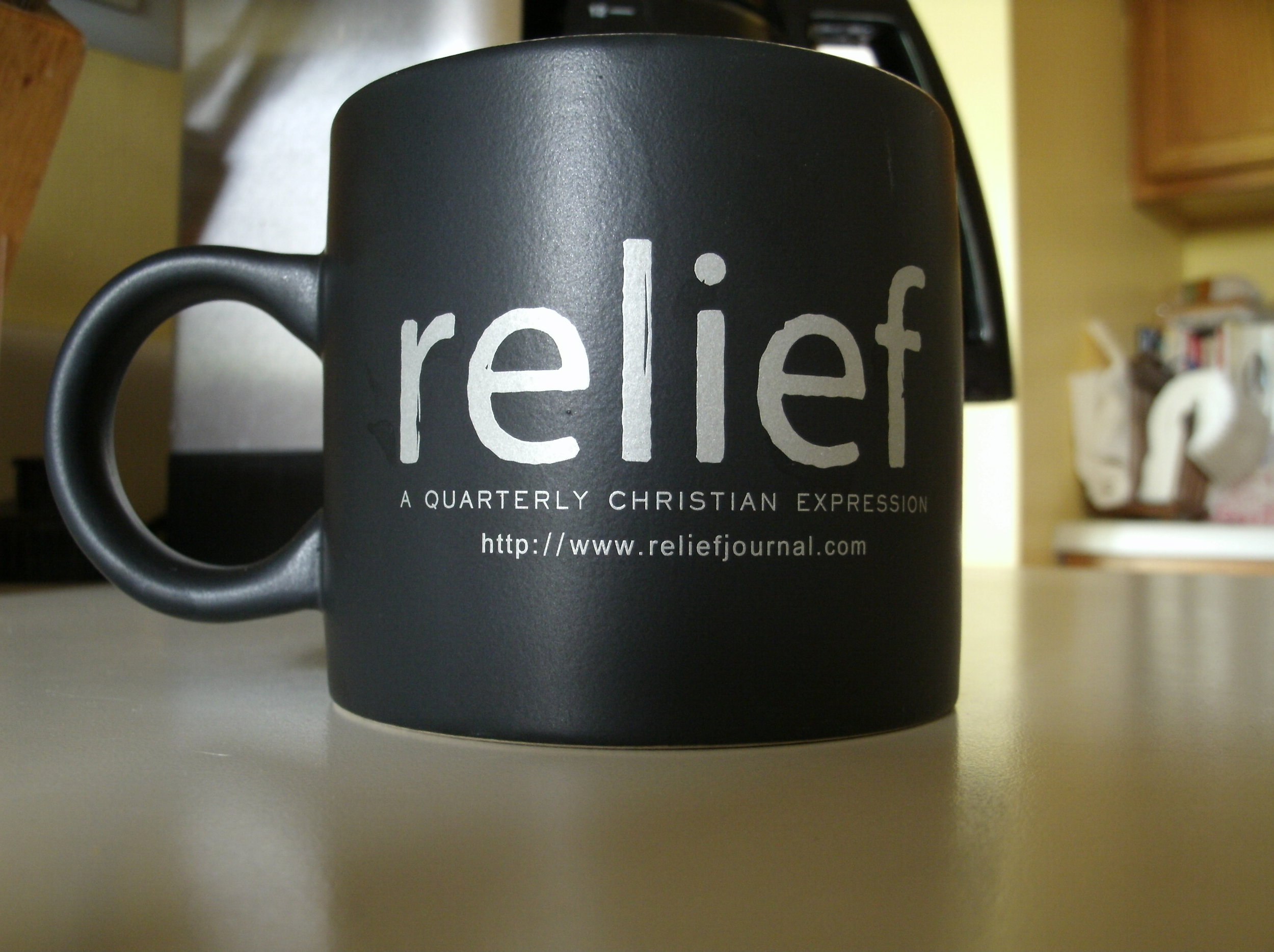 If I may be so bold, those of you who haven't yet ordered your copy of Relief 4.1 are missing out on some great writing by some very talented authors. In the coming weeks, we will be featuring samples of work from a few of these writers, just to give you a taste of what you're missing.
If I may be so bold, those of you who haven't yet ordered your copy of Relief 4.1 are missing out on some great writing by some very talented authors. In the coming weeks, we will be featuring samples of work from a few of these writers, just to give you a taste of what you're missing.
Sentimental as it sounds, I suspect this particular issue (my first as Editor-in-Chief) will always hold a special place in my heart. So to start off the sampling, below is the Relief 4.1 "From the Editor's Desk" in its entirety.
res·o·nate (rěz’ə-nāt’)
v. intr.
1. To exhibit or produce resonance or resonant effects.
2. To evoke a feeling of shared emotion or belief: “It is a demonology [that] seems to resonate
among secular and religious voters alike” (Tamar Jacoby).
3. To correspond closely or harmoniously: “Symbolism matters, especially if the symbols
resonate with the larger message” (William Greider).1
WHEN I THINK OF RELIEF—when I try to explain where this journal fits in the scheme of
contemporary publishing—I think of singing and razor wire.
Bear with me.
In my short time as Editor-in-Chief of this journal, I’ve found that one of the most difficult
tasks is just explaining what Relief is, what we do, and for whom we do it. The truth, I have come
to believe, is that there is no particular category to which the book in your hand belongs. As our
subtitle makes clear, Relief is a religious literary journal (though not every piece we publish is
overtly religious). And yet it is clearly not like so many publications that are grouped in that particular
pocket of the publishing industry. Christian publishing has, over several decades, drawn
a clear line of demarcation between the religious and the mainstream. The natural consequence
of this is that the industry has so effectively entrenched itself and the genre, erecting tall fences
and posting loyal gatekeepers, that only a certain, rather sterilized kind of writing can get in, and
those writing from inside have little hope (and often little desire) of getting out. I realize this is a
gloomy illustration, but I’m really not criticizing the Christian publishing model at all. Of course
there are no sinister men in holy smoke-filled boardrooms plotting mass censorship on behalf
of some shadow Church. The “segregation” is strictly business, little more than marketing and
branding, as well as a kind of rating system—a way of telling the customer up front what she can
find in a “Christian” publication and assuring her that she will not be bothered by content she
may find offensive.
From a business standpoint, it is only logical to identify a customer base and offer up what
they want to buy. My objection is not, however, with the supply side of this market, but with the
demand. Knowing how art mimics life (and vice versa), I see in the current state of Christian
book publishing, music, and art in general only a microcosm of what Christianity in this country
and much of the world has done to itself over the last few generations—carved out a place of
safety and retreated inside, holding the line against infiltration, but at the same time running the
risk of becoming as culturally irrelevant as the Amish. What worries me is this voluntary cultural
and social ghettoization of religion.
For the person of faith—any faith—life is a constant struggle of balancing the hopes of the
spiritual and eternal with the needs and limitations of the physical, the temporal. It is—to quote
one author in this volume—as if we are each “part flesh, part hope.” Believers who acknowledge
this tension want more than a secure life behind the stained glass. And they look to spiritual
writing for something more than a saintly protagonist who doesn’t drink, smoke, gossip, or swear,
and who certainly does not—under any circumstance—experience real doubt about his or her
faith. For those readers, what often is called “Christian literature” may occasionally entertain and
inspire. It may even stir the soul with hope of how things could be, in an untarnished world. But
it doesn’t resonate with their own experience, because deep down they know the truth: that no real
person lives that way. Readers of Relief will find something more than a sugared dose of affirmation.
They will find stories, essays, and poems that offer resonance, that feeling of connection with
gifted writers—mere mortals, one and all—who share their doubts and fears, their struggles with
living as “part flesh, part hope.”
So if I were to offer an analogy that describes the mission of Relief, I can think only of a young
girl (who is, admittedly, perhaps too naïve for her own good) daring to climb that ghetto fence.
Not to escape. And not even to get a better look at the world outside. But to better be heard by
anyone within range on either side. At the top, she balances among the spools of razor wire, draws
a deep breath, and uncages her voice. It’s not a sermon, like the ones we’ve come to expect from
within these borders, but a humble song—a mere “expression” that says simply: “I am here. I exist.
I hope and dream, and bleed and despair. And I will not be defined by this stupid damned fence!”
Whether her audience finds the melody beautiful or grating, it is unashamedly honest and true,
and that—in today’s image-driven culture—is a beauty in itself.
This particular issue of Relief features many authors and narrators dealing honestly with
questions of death and mortality, as well as the corporeal nature of being human, developing a
theme of Memento mori (Remember that you must die), or Hominem te memento (Remember
that you are only a man)—warnings once recited to Roman generals after their military triumphs
to remind them that human glory is fleeting. At the same time, that somewhat dreary thread is
punctuated by hopeful pieces that remind us to seize opportunities for love, for showing empathy
and compassion, and for taking time to slow down and appreciate the wonder of creation, to stop
and consider the immanent and transcendent. So a Carpe diem theme is also present. The image
on our cover ties these two themes together, presenting in one scene elements of celebration, love,
family, friendship, community, all the things we value most highly in life, but in a tone that is
surreal and with a “ghosting” effect that suggests the temporal and transitory, reminding us that
this life does not last and to make the most of what time we have.
I OWE A PERSONAL THANKS to every person who has made this issue of Relief possible. Some have
(anonymously) contributed vital resources, without which no one would be reading this now.
Others have given freely and abundantly of their personal time to read submissions and proofread
text. Most of all, I want to thank the Relief editorial staff (who have lived and breathed these
pages every day for the past several weeks) and the many talented authors who have allowed us
to publish their work.
I believe you will enjoy these stories and poems. My hope, however, is that (as they did with
me) these words will resonate with your own experience as a creature of humble but hopeful flesh.
1. The American Heritage Dictionary of the English Language, s.v. “Resonate,” http://dictionary.reference.com/browse/resonate (accessed May 26, 2010).
